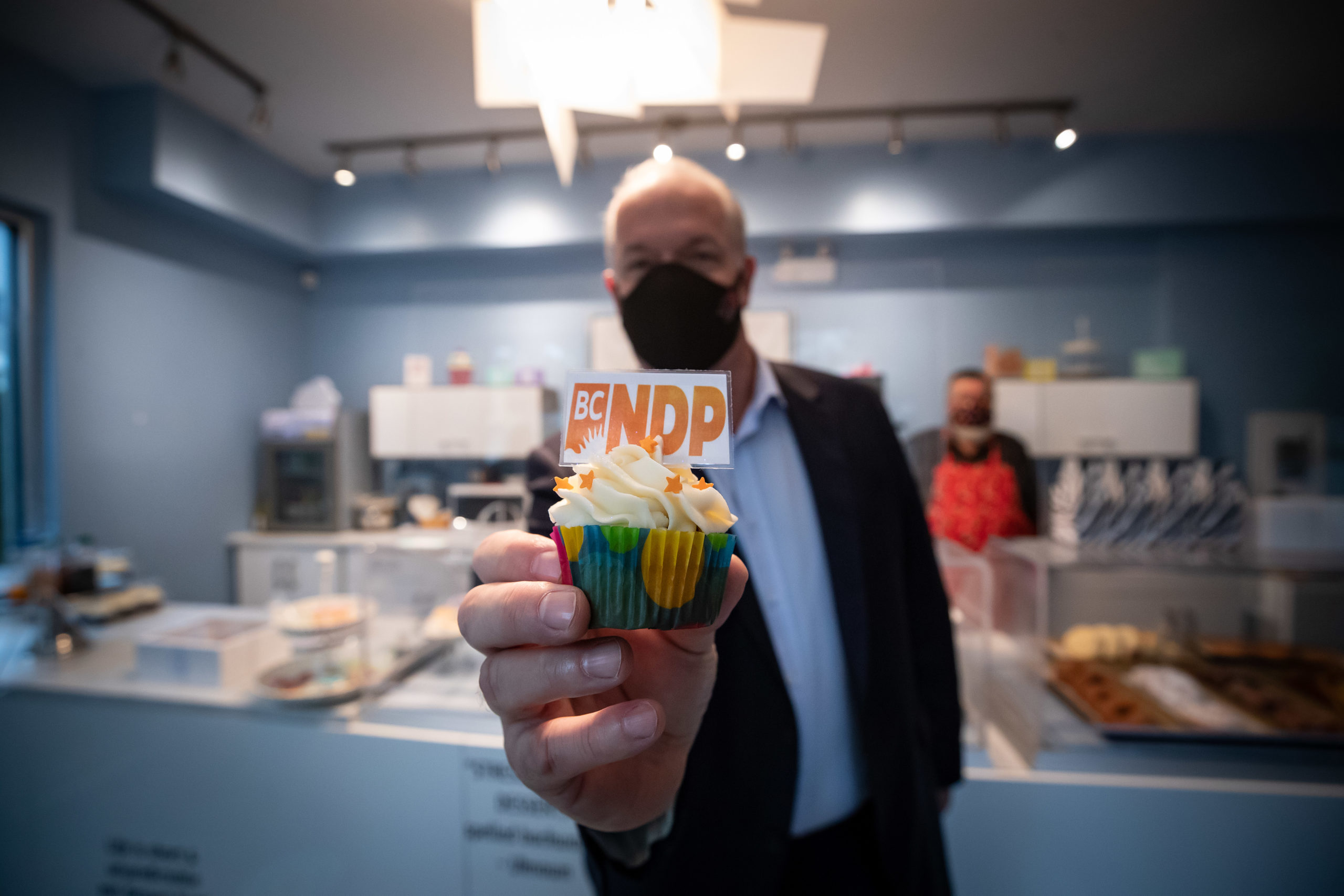Written by Nikki Hill, former Director of Organization for the BC NDP, where she was responsible for organizing the party’s leadership races for a decade.
The race to replace John Horgan as BC NDP Leader and B.C. Premier kicked off Sunday as the party announced a December 3rd leadership vote. Following Premier John Horgan’s announcement that he will resign as Premier and his request for a leadership vote to be held, the BC NDP was required to develop rules and timelines for the race and vote to be conducted. The full leadership race rules were released July 16 by the BC NDP Executive and outline how leadership hopefuls would enter the race.
In this race, the date to watch is October 4 as the rules state that if there is only one approved leadership candidate by October 4 and no pending candidates, the sole approved candidate will be acclaimed. The appointed BC NDP Chief Electoral Officer can expedite the leadership election date in this case.
The BC NDP has a One Member One Vote (OMOV) voting system, using a (preferential) ranked ballot. Voters must have current BC NDP memberships by Sunday, September 4 as per the party constitution’s 90-day membership rule, a key consideration for any contenders who aim to win the support of party members.
Current Attorney General David Eby has not yet declared his intent to run formally, but a number of Cabinet and caucus members have publicly indicated their intent to support him for Leader. Eby is expected to announce his intentions within days. Premier Horgan has directed that any Cabinet members seeking the leadership will need to step away from their Cabinet roles for the duration of the race, which means any additional Cabinet members considering a run will make their decisions shortly.
The rules allow for an initial entry fee of $15,000 that gives candidates – particularly those outside of the current caucus – time to build and assess their support levels before the second fee payment. In addition, an equity fund is being established to increase accessibility to the race. With the current government ending corporate and union donations in 2017, entry fees must be fundraised from individuals and cannot be paid directly by the leadership candidate’s personal funds.
The retirement of Premier Horgan has some pundits speculating around an early election call in BC, however with a new Premier elected late 2022 and a short window before the February 2023 Budget, remaining on the 2024 election cycle is the likely outcome.
A new Premier will also bring shifts to the Cabinet table, both with current Ministers needing to indicate their intention to run in 2024 as Premier Horgan has initiated, and with inevitable changes that come with new leadership.
Leadership races are opportunities to reframe policy commitments for both governments and stakeholders. While the transition is expected to be relatively stable if a member of Cabinet succeeds in the leadership race, new mandates and policy priorities are expected to emerge.
Premier Horgan will remain in his role until a new leader is chosen and continues to lead actively on issues, like pressuring the federal government to increase health transfers at the Council of the Federation meetings in Victoria last week.
The election of Kevin Falcon in February and the BC NDP’s leadership race have pushed BC politics into what will likely be an extended pre-election period even with a 2024 election projected. Making this a strategically important time for government relations and policy advocacy to government.
With the fall legislative session resuming October 3 and municipal elections around the province on October 15, it will be a busy fall for BC politics.
